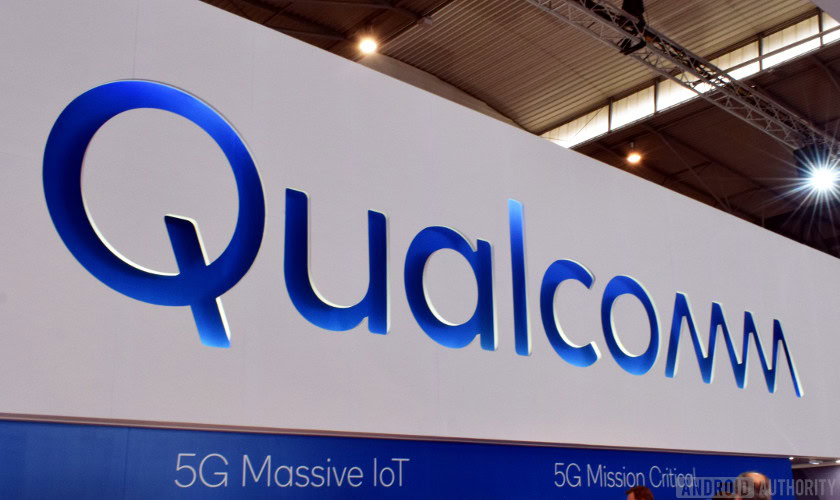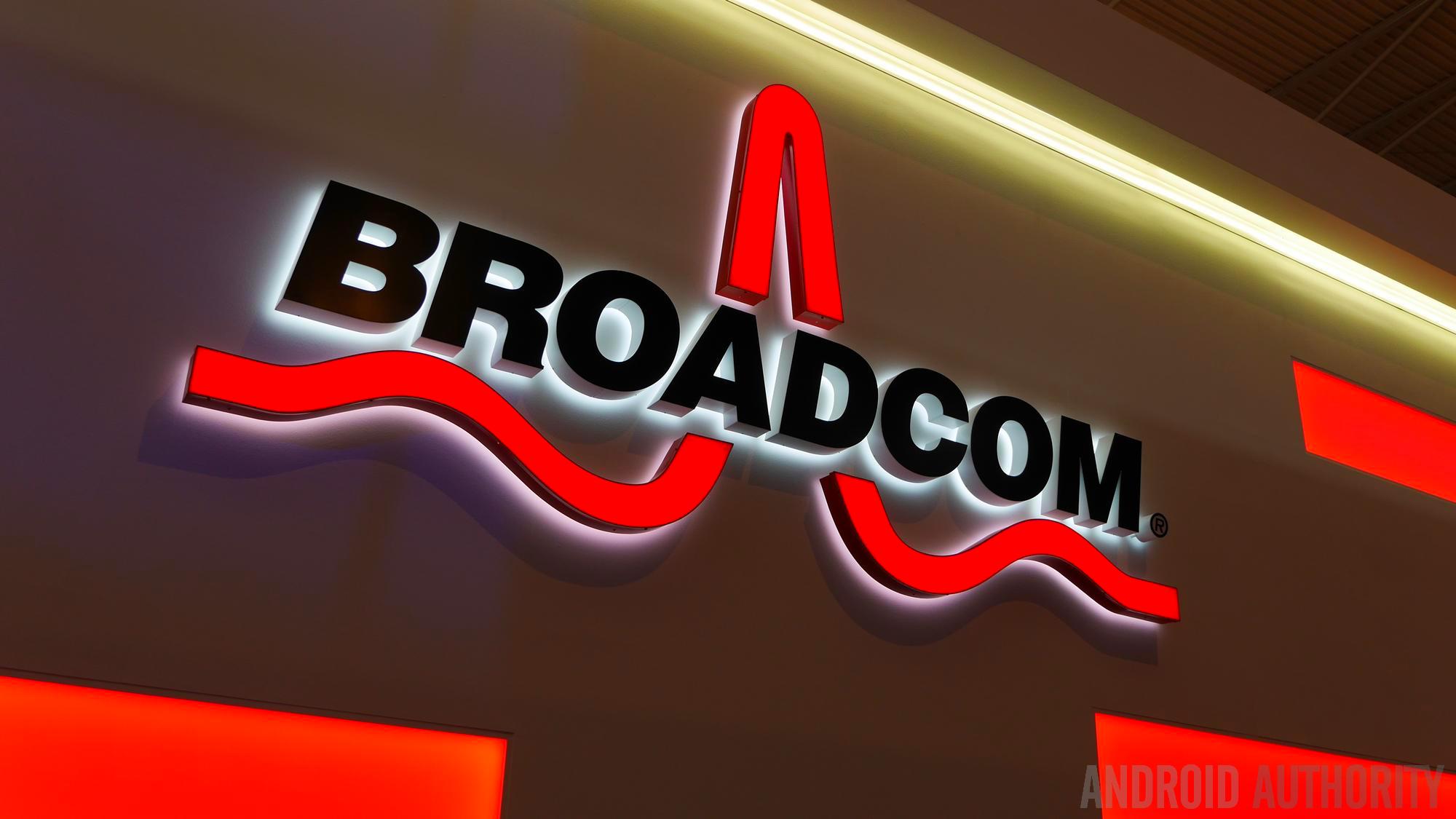Affiliate links on Android Authority may earn us a commission. Learn more.
President Trump steps in to stop Broadcom-Qualcomm deal (Update: Broadcom withdraws bid)

In a statement, Broadcom confirmed that it has terminated its offer and withdrawn all of its Qualcomm board nominees. Broadcom once again expressed disappointment with the decision but reaffirmed its plan to relocate its company headquarters to the US in the near future.
You can read the full statement for yourself here. It's worth noting that Broadcom has included a hefty disclaimer regarding "forward-looking statements" which -- while standard legalese for many press releases of this nature from large corporations -- does leave the door open for a potential bid further down the line -- like, for example, a time when Trump is no longer in the White House.
For more on the collapse of the Broadcom-Qualcomm deal and Trump's intervention, be sure to read our in-depth commentary piece.
Original story (03/13): While the ongoing drama between chip-makers Broadcom and Qualcomm has been quite the rollercoaster, no one could have anticipated what happened late Monday evening. In a startling turn of events, President Donald Trump issued a presidential order forbidding Broadcom’s purchase of Qualcomm.
The President’s order cites “national security concerns” as the reason behind the prohibition of the two companies merging:
“There is credible evidence that leads me to believe that Broadcom Limited, a limited company organized under the laws of Singapore (Broadcom)…through exercising control of Qualcomm Incorporated (Qualcomm), a Delaware corporation, might take action that threatens to impair the national security of the United States.”
The brief does not give any indication what the “credible evidence” is that brought the President to this decision. However, the U.S. Treasury’s Committee on Foreign Investment in the United States expressed similar concerns in a letter sent to both companies’ lawyers at the beginning of the month.
While the letter itself hasn’t been released to the public, a source familiar with the message said that the U.S. government is concerned that “there would essentially be a dominant player in all of these technologies and that’s essentially HUAWEI, and then the American carriers would have no choice. They would just have to buy Huawei (equipment).”

This is an intriguing claim since HUAWEI had its own deal with AT&T squashed by the U.S. government, although not as dramatically and directly as today’s Presidential incursion. Richard Yu, CEO of HUAWEI’s mobile division, was quoted saying that the AT&T deal was actually lost due to smartphone competitors “using politics” to stifle competition. But it appears that things are much more serious when it comes to Trump’s White House and its opinions on HUAWEI’s supposed connections with the Chinese government.
Not only does this Presidential order forbid the companies from merging, but it also prohibits all 15 of Broadcom’s proposed candidates for Qualcomm’s board from standing for election. Trump is making it very clear that he does not want too much power in the smartphone industry to rest in China’s hands.
Broadcom gave a statement shortly after receiving word of the order:
“Broadcom strongly disagrees that its proposed acquisition of Qualcomm raises any national security concerns.”
Qualcomm only said that it will hold its 2018 Annual Meeting of Stockholders on March 23, 2018. It had no further statement at press time.
You can read the full statement from the White House here.